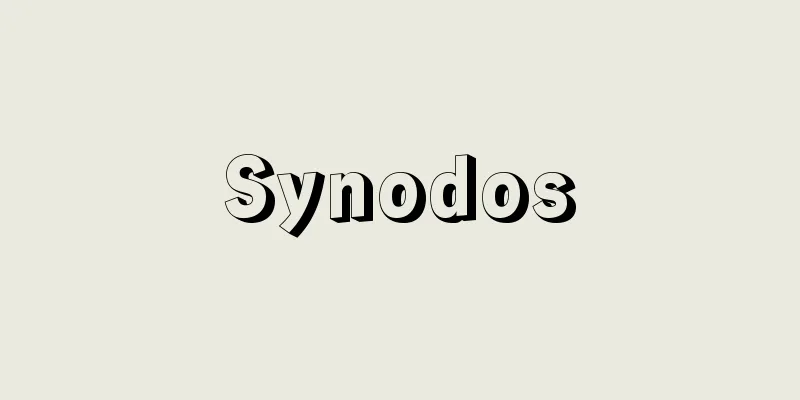Hokan - Hokan

|
A man whose occupation is to add entertainment to banquets. He is also called a taikomochi (drum-mochi) or a male geisha. At first, he accompanied visitors to pleasure quarters as a guide, but around the Genroku period (1688-1704) he began to give advice on entertainment as a profession, and during the Horeki period (1751-64) he became independent as a professional who enlivened banquets with entertainment. Hokan are called tayu (court conductor) and shisho (master) because they often performed music such as itchubushi and kiyomoto as their main art. However, as Hokan, they do not perform main arts, but rather use them as a base to perform a wide range of arts such as old and new entertainment, impersonations, vocal changes, and dancing, which are characterized by being improvised and humorous. In addition to brothels and private prostitution districts, there were also hokan who lived in the city (called no taiko), but in Edo, the hokan of Yoshiwara were considered top class, and Sakuragawa Jinko and Do Zenko became famous. On the other hand, there were servile hokan who had no talent and made money by flattering customers, and this is the reason why their followers were despised as "just flatterers." The number of hokan increased with the prosperity of the entertainment world in the Meiji and Taisho periods, but today only a few remain. [Yoichi Harashima] Source: Shogakukan Encyclopedia Nipponica About Encyclopedia Nipponica Information | Legend |
|
宴席に興を添える職業の男。太鼓持ち、男芸者などという。初めは遊里の案内者として遊客に同伴されていたが、元禄(げんろく)(1688~1704)ごろにはこれを職業として遊興の助言をするようになり、宝暦(ほうれき)年間(1751~64)に遊芸をもって宴席の遊戯的気分を盛り上げる職業人として独立した。幇間を太夫(たゆう)・師匠とよぶのは、彼らが一中節(いっちゅうぶし)・清元(きよもと)などの音曲を表芸にすることが多かったことによる。ただし幇間としては、表芸を演じるのでなく、それを基礎として新古の演芸、物真似(ものまね)、声色(こわいろ)、舞踊などの多芸にわたり、それを即興的、滑稽(こっけい)的にみせるのを特色とする。 遊廓(ゆうかく)や私娼(ししょう)街のほか、市中に住む幇間もいたが(野(の)太鼓という)、江戸では吉原の幇間を一流とし桜川甚好(じんこう)・同善好(ぜんこう)らが有名となった。一方では、無芸で客に世辞をいって収入を計る卑屈な幇間があり、追従(ついしょう)者を「太鼓持ちのようだ」とさげすむのは、これに原因する。明治・大正期の花柳(かりゅう)界の盛況で幇間も増えたが、現在は数名が残るにすぎない。 [原島陽一] 出典 小学館 日本大百科全書(ニッポニカ)日本大百科全書(ニッポニカ)について 情報 | 凡例 |
>>: Gunboat - Houkan (English spelling) Gunboat
Recommend
"Italian Journey" - Akiko Iriaki
… One of the most commonly cited and well-known e...
Rzeka Warta (English spelling)
A river in northwest Poland. It is the largest tri...
Lie-xian-zhuan (English: The Tale of Immortals)
A collection of biographies of Chinese immortals. ...
High Commissioner
…In China, during the Qing Dynasty, a specially e...
Home school - home school
…It is an expansion of the target of the previous...
Hokushu
The title of a Kiyomoto piece. The original title...
sympoliteia
…from the Greek word for “concentration,” it refe...
Gastric emptying test
Food eaten is stored in the stomach, mixed with ga...
Kinubari (silk-covered) - Kinubari (English spelling) serpentine goby
A marine fish of the Gobiidae family in the order ...
Asteroid - Asteroid (English spelling) asteroid
A plane curve. It is expressed by the equation x ...
Chopinel, J.
…French poet and translator. His real name was Je...
Exo
Originally a prefix derived from the Greek word me...
Mikawa Plateau
A plateau in northeastern Aichi Prefecture. It is ...
Diplonychus major
… [Shoichi Miyamoto]. … *Some of the terminology ...
Ludwik
... The formation of the Sejm can be considered t...









